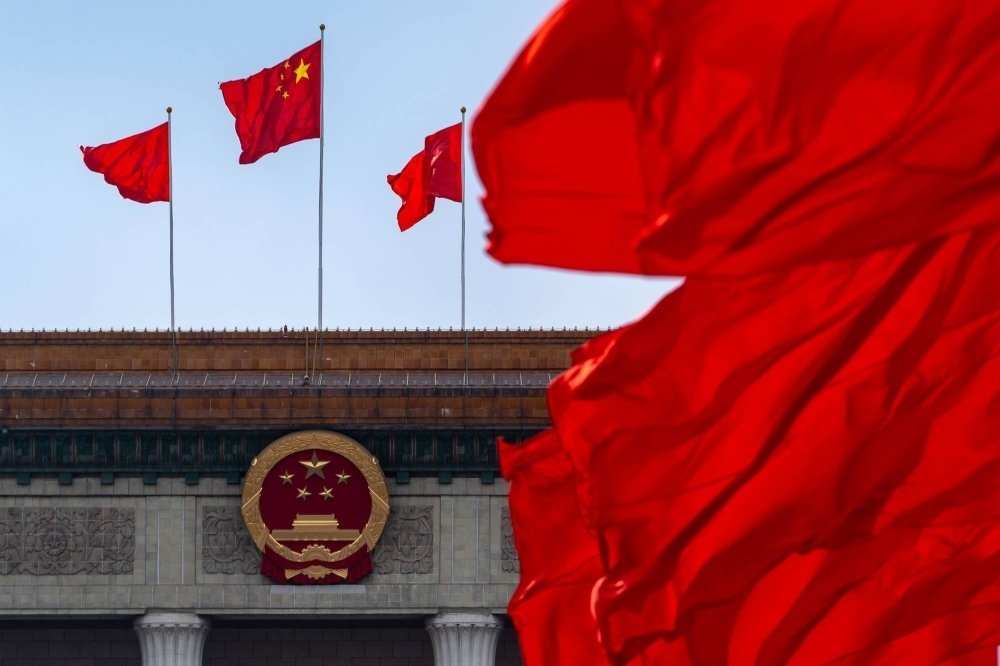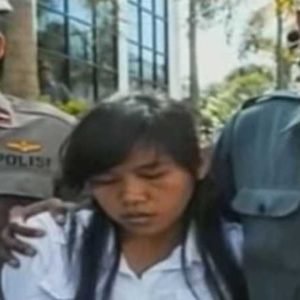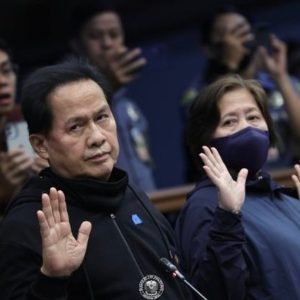
As the Senate intensifies its investigation into the true identity of Gua Hua Ping, also known as Alice Guo, a significant issue has been overshadowed: the infiltration of Chinese espionage within our political landscape. While Philippine Offshore Gaming Operations (POGOs) were once at the center of national debate, they’ve now taken a backseat to the more pressing—and media-friendly—concern of China’s spying activities within our country.
To some, espionage may seem like a relic of the past, but it’s far from new. For thousands of years, governments have spied on each other as a strategy to safeguard national security. Yet, what sets today’s circumstances apart is the alarming extent of China’s reach, which now allegedly includes cooperation from Filipino politicians—some of them local officials—who are suspected of aiding the People’s Liberation Army (PLA), the military wing of the Chinese Communist Party (CPC). These figures are reportedly under investigation by the Presidential Anti-Organized Crime Commission (PAOCC) under the Office of the President.
Disturbingly, recent reports suggest that some of these so-called collaborators, reminiscent of the Makapili during the Japanese occupation, have even filed Certificates of Candidacy (COCs) to run for office. Senator JV Ejercito has raised concerns, stating that he has encountered Filipino officials with foreign appearances who couldn’t even speak the local language. This raises an urgent question: to what extent has Chinese influence infiltrated our political system?
The Senate probe has revealed chilling details: Chinese POGOs are allegedly being used as fronts for surveillance operations, much like how Russian intelligence activities flourished in the U.S. during the Trump administration. These POGOs, ostensibly online gaming firms, are said to be communication hubs for Chinese military intelligence. This information allegedly flows back to Chinese military installations in the Spratlys, where China has constructed illegal structures for military use—contrary to their public claims of mineral extraction or economic ventures.
Given the gravity of the situation, one must ask: Where are our intelligence agencies in all this? What steps are they taking to counteract such blatant espionage? A source close to the matter suggests that China’s growing influence has been facilitated by high-level Filipino leaders, many of whom were close to the Duterte administration. Allegedly, Chinese businessmen lured these officials into cooperation with promises of financial reward, embedding Chinese communist spies into our bureaucratic machinery.
There is a growing consensus within the intelligence community that the Duterte administration and certain PDP-Laban officials bear responsibility for this infiltration, allowing these foreign agents to take root in our country. It’s time to face the uncomfortable truth: Chinese espionage in the Philippines isn’t just a national security issue—it’s a threat to our sovereignty.
Likewise, names of so-called “provincial” associations such as the Philippine Yatai Chinese Association and several others, should likewise be investigated. Activities of the Confucius Institute in the University of the Philippines and Ateneo should likewise be investigated and probed. We are not against civilian welfare associations. We are against Party espionage activities being packaged as cultural programs.
So, what can be done? A “whole-of-nation” approach is essential. We need to expose and expel these spies and collaborators with unwavering resolve. This will require a revitalized and deeply patriotic government prioritizing the Republic’s survival over personal or political gain. Our intelligence agencies must be empowered to investigate thoroughly and to eliminate these pro-China elements within or near the corridors of power.
Ultimately, saving our nation may require nothing less than a complete overhaul of our political landscape. Those who have allowed themselves to be puppets of foreign powers must be held accountable. We can only protect our country from the creeping dangers of foreign influence and safeguard our future through decisive, collective action.
The time for complacency is over. We must act—before it’s too late.






